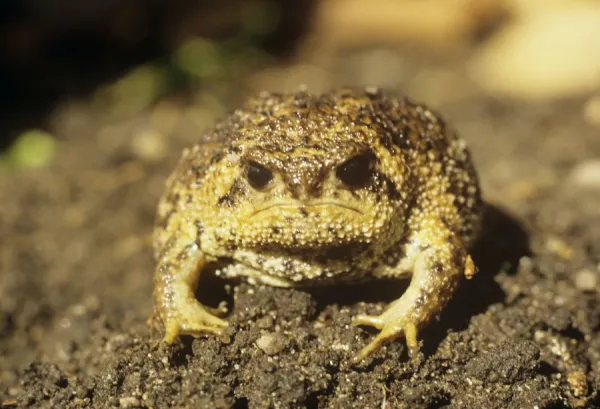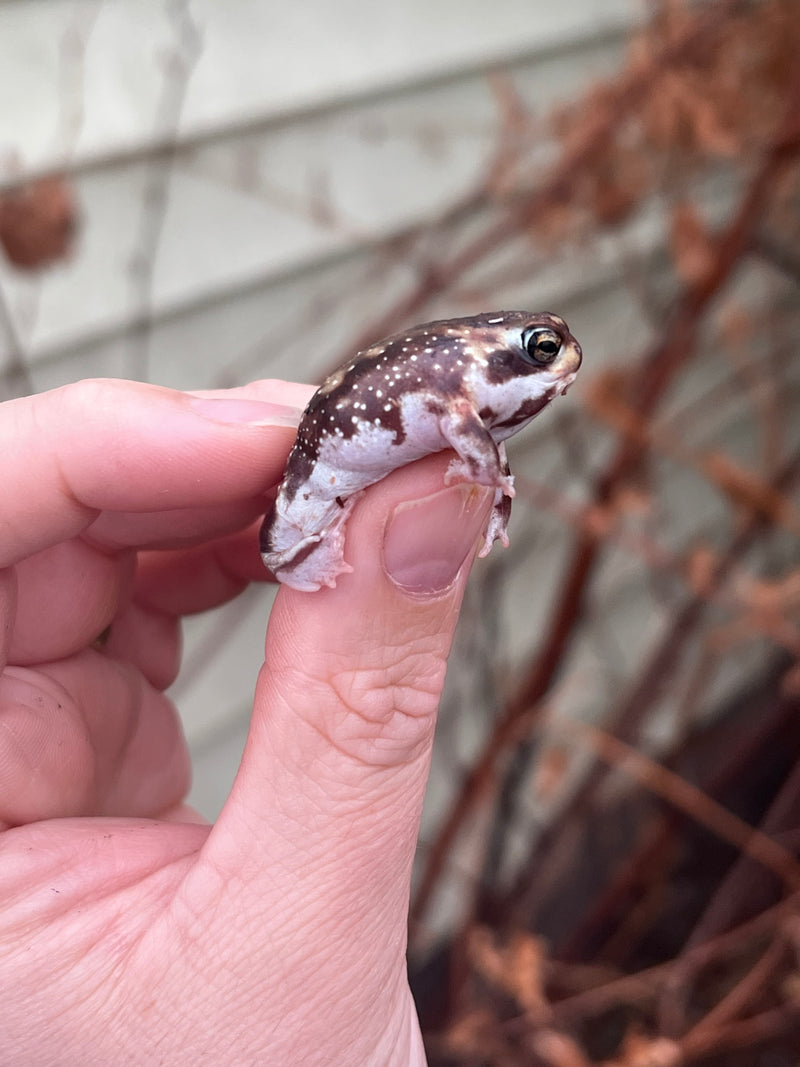Looking For Rain Frog for Sale? Discover Your Ideal Amphibian Friend Right Here!
Looking For Rain Frog for Sale? Discover Your Ideal Amphibian Friend Right Here!
Blog Article
Common Health And Wellness Issues in Reptiles: Signs and Solutions
In the complex globe of reptile care, recognizing the common health and wellness problems that may impact these one-of-a-kind creatures is critical in ensuring their wellness. Whether it's grappling with parasitic infestations, navigating dehydration problems, or addressing skin disorders that manifest in refined ways, being attuned to the signs and outfitted with the understanding of reliable solutions is crucial for any type of reptile proprietor.
Respiratory Infections
Respiratory system infections in reptiles can considerably affect their total health and call for timely interest from experienced veterinarians. These infections are typically triggered by microorganisms, fungis, or infections and can manifest with signs and symptoms such as hissing, nasal discharge, open-mouth breathing, and sleepiness. In reptiles, respiratory system infections can be especially testing to diagnose and deal with due to their one-of-a-kind composition and physiology. Vets typically count on a mix of physical exams, analysis imaging, and lab examinations to properly determine the underlying reason for the infection.
Therapy for respiratory infections in reptiles generally includes a mix of helpful treatment, such as maintaining appropriate moisture levels and temperature level slopes in the room, as well as targeted drug to attend to the particular pathogen responsible for the infection. It is essential for reptile proprietors to check their family pets very closely for any kind of indications of breathing distress and look for veterinary care at the earliest indicator of a concern. With prompt intervention and proper treatment, several reptiles can recover fully from respiratory system infections and return to typical activities.

Metabolic Bone Illness
What variables add to the advancement of Metabolic Bone Illness in reptiles?
Metabolic Bone Disease (MBD) in reptiles is primarily caused by a lack of appropriate calcium, phosphorus, and vitamin D3 degrees in their diet. When reptiles do not get appropriate calcium, either through their food or appropriate UVB exposure for vitamin D3 synthesis, they go to a high risk of developing MBD. Reptiles with diet plans low in calcium or unbalanced calcium to phosphorus ratios are specifically susceptible. Furthermore, inadequate exposure to UVB light stops reptiles from synthesizing vitamin D3, which is important for calcium absorption and bone health.
Various other adding aspects to MBD consist of improper temperature level slopes within the reptile's environment, causing decreased metabolism and damaged calcium absorption. Not enough moisture degrees can additionally influence a reptile's ability to metabolize calcium effectively. In addition, certain reptile species have specific nutritional needs that, if not met, can enhance the possibility of establishing MBD. Regular vet examinations, correct husbandry techniques, and a well balanced diet regimen are crucial to protect against Metabolic Bone Disease in reptiles.
Parasitic Infestations
Parasitical invasions position a substantial health threat to reptiles, impacting their general wellness and calling for timely veterinary focus. Reptiles can be influenced by various bloodsuckers, consisting of termites, ticks, inner worms, and protozoa. These bloodsuckers can create a series of symptoms, such as weight-loss, lethargy, skin irritation, looseness of the bowels, and even fatality if left without treatment.
One common bloodsucker found in reptiles is the mite, which can create skin anxiety, inflammation, and anemia. Ticks are another outside bloodsucker that can transfer illness and cause pain to the reptile. Interior parasites like worms and protozoa can reference lead to gastrointestinal issues, malnutrition, and compromise the reptile's body immune system.
To identify a parasitical problem, a veterinarian might execute fecal tests, skin scrapings, or blood tests. Treatment typically includes deworming drugs, antiparasitic bathrooms, or in serious instances, a hospital stay. Preventative procedures such as routine veterinary exams, correct hygiene, and quarantine treatments for new reptiles can help reduce the danger of parasitical problems and guarantee the well-being of reptile pets.
Dehydration and Hydration Issues
Dehydration in reptiles can significantly affect their health and wellness and well-being, requiring prompt intervention and appropriate hydration monitoring. If left unattended, dehydration can lead to severe health problems and also be fatal to the reptile.
To avoid dehydration, reptile proprietors need to ensure that their pet dogs have accessibility to tidy water in all times. The water meal ought to be huge enough for the reptile to saturate in if needed, particularly for varieties that soak up water via their skin. Furthermore, maintaining correct moisture degrees in the reptile's room and supplying routine bathrooms can aid stop dehydration.
In instances of dehydration, it is critical to seek vet care immediately. A veterinarian might carry out liquids either orally or with injections to rehydrate the reptile. It is important to resolve the underlying reason for dehydration to prevent reoccurrence and ensure the reptile's total wellness.
Skin Conditions

Final Thought

Breathing infections in reptiles can dramatically influence their total health and wellness and need timely focus from experienced veterinarians (rain frog for sale). Preventative steps such as routine veterinary exams, appropriate hygiene, and quarantine procedures for brand-new reptiles can assist lessen the threat of parasitic problems and make certain the health of reptile pet dogs
If left neglected, dehydration can lead to serious wellness issues and also be fatal to the reptile.
Consistently inspecting your reptile for any kind of modifications in skin color, appearance, or appearance can help in very early detection and treatment of skin conditions, advertising the total wellness and health of your scaly friend. - rain frog for sale
In verdict, reptiles are susceptible to different wellness issues such as respiratory infections, metabolic bone disease, parasitical problems, dehydration, and skin disorders.
Report this page